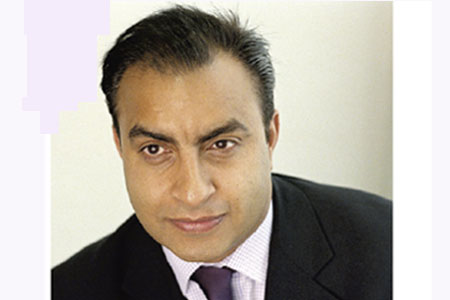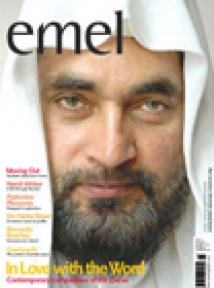
Islamic Finance & Banking with Hamid Yunis
Issue 7 Sept / Oct 2004
The growth of the Islamic finance industry has been phenomenal in the last two years, to say the least. This has been driven by a genuine response to investor needs and also the increase and sophistication of Islamic investors.
This is an introduction and the fi rst of a series of articles that will seek to explain to emel readers the various structures adopted by practitioners involved in the Islamic finance industry and the use of these concepts in the global financial markets. The series will explore the basic requirements of the structures adopted and give practical examples of where transactions have been completed.
The fundamental requirements of Shariah-compliant finance/business include a prohibition on usury and interest (riba), the need to avoid uncertainty or speculation (gharrar) and the requirement not to merely create a device or ruse to circumvent the basic requirements (hiyal).
Innovative methods of investment and the diversity of Islamic finance products allow both conventional and Islamic investors to participate. Innovation has been introduced into this market from different sources, in particular Malaysia, Pakistan, the Gulf states (Bahrain, UAE, Kuwait and Qatar), Saudi Arabia and Egypt and by sophisticated Islamic fi nancial institutions. The involvement of practitioners from the relatively sophisticated markets of the city of London and New York has also allowed the pace of development to be quick and indeed to have a practical application.
The development of the Islamic capital and secondary markets through the use of state, institutional and, in my view the most significant, corporate bonds in the form of sukuk is an exciting development. By way of an example of how the global market is taking notice, sukuk was used as a mechanism by a German state authority for the raising of finance.
The requirement for infrastructure developments in Islamic countries has used public-private-partnership and project financings structured on the basis of co-financings with conventional debt and Islamic lease finance (ijara). Private equity and hedge funds (structured in the latter case on a forward sale salam basis) have allowed the securities and capital trading markets to have an involvement. The use of mutualstructures, in particular, for the Islamic insurance (takaful) and also in the fields of property lending, gives the investor a wide choice.
The underlying principles of Islamic financing also offer stakeholders a refreshing reminder of how investments can be more ethically grounded.
Transactions geared around property investment/development, with Islamic and also conventional investors participating, are probably the best example of how the market has grown in this country and in the West generally. The main centres of activity have been in the UK and in the USA, however, the first Islamically structured commercial property acquisitions in France, Germany and Scandinavia have now been completed or developed.
Whether the growth in the use of Islamic finance is a reaction to the events of September 11th and the need for Islamic investors and their funds to have an alternative investment destination remains to be seen. Nonetheless, the speed at which the market has developed and the willingness of conventional financiers and institutions is, in my view, a welcome development and should be encouraged providing that the fundamental requirements of the Shariah are not compromised.
Bookmark this |
|
Add to DIGG |
|
Add to del.icio.us |
|
Stumble this |
|
Share on Facebook |
|
Share this |
|
Send to a Friend |
|
Link to this |
|
Printer Friendly |
|
Print in plain text |
|


Comments
0 Comments